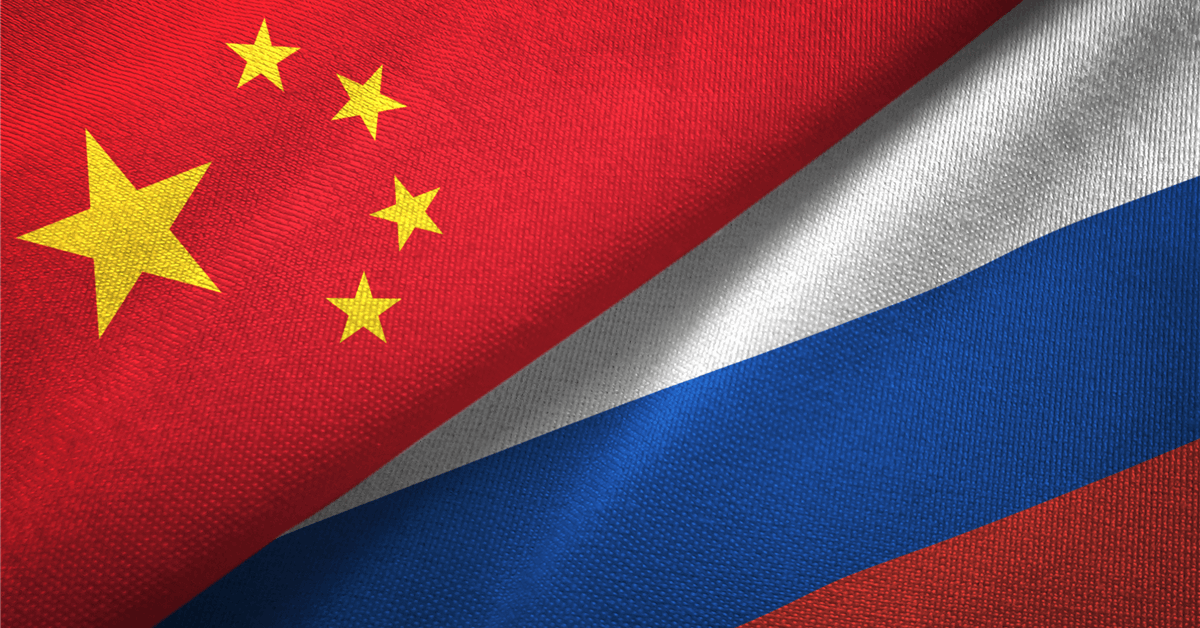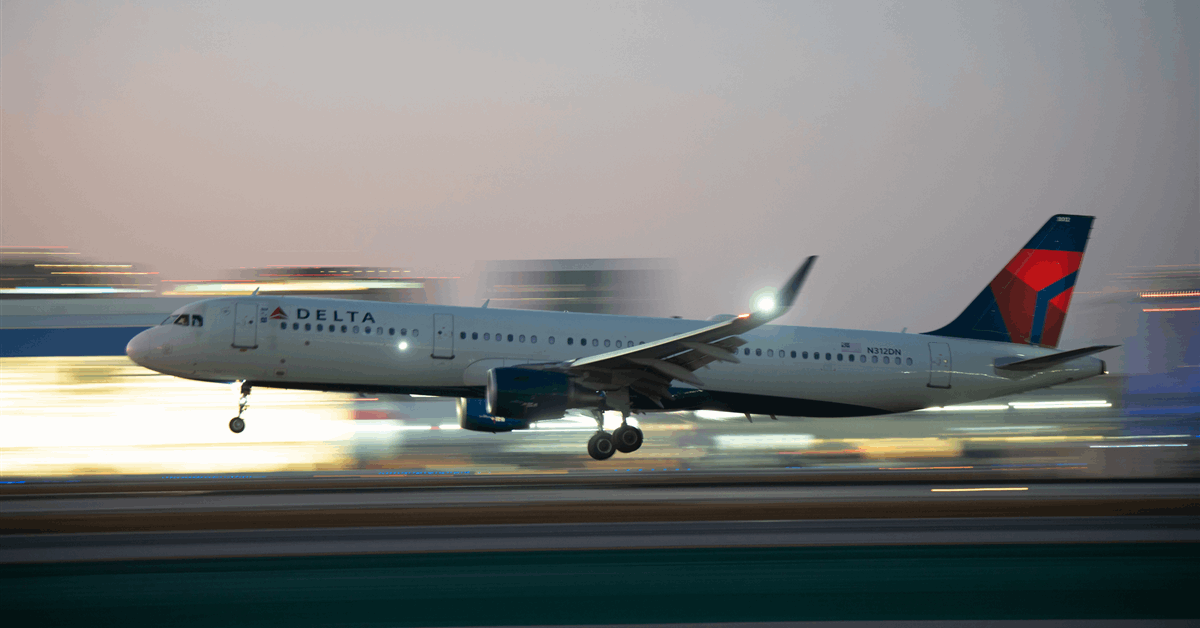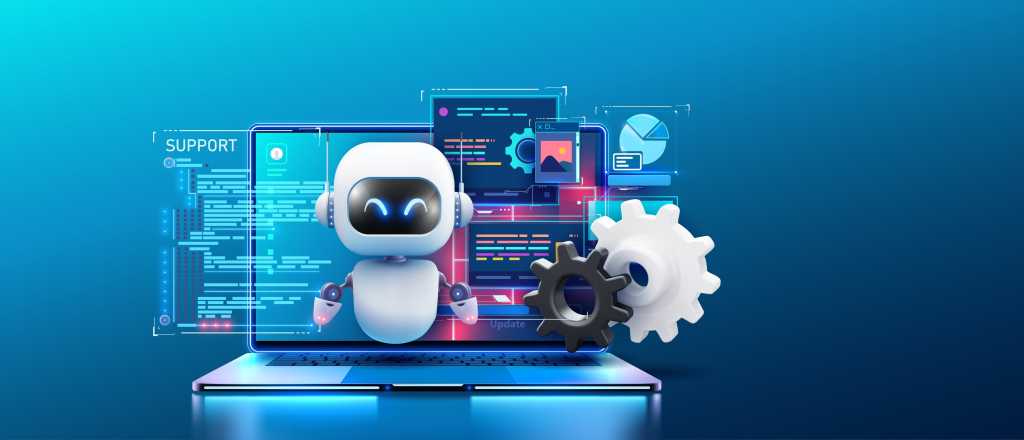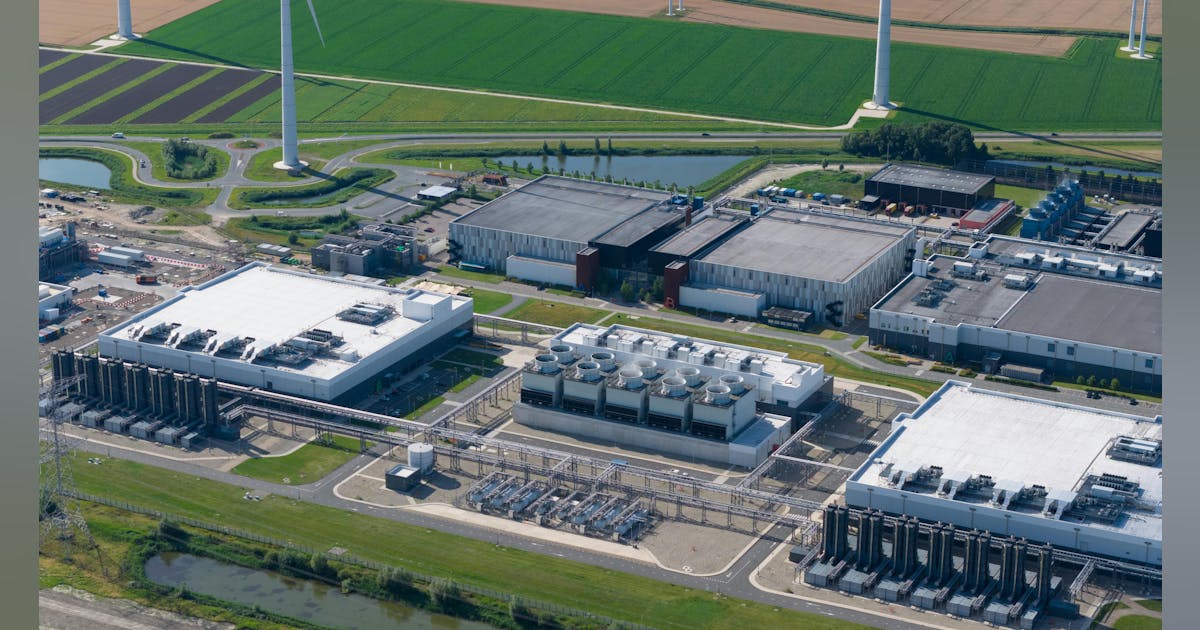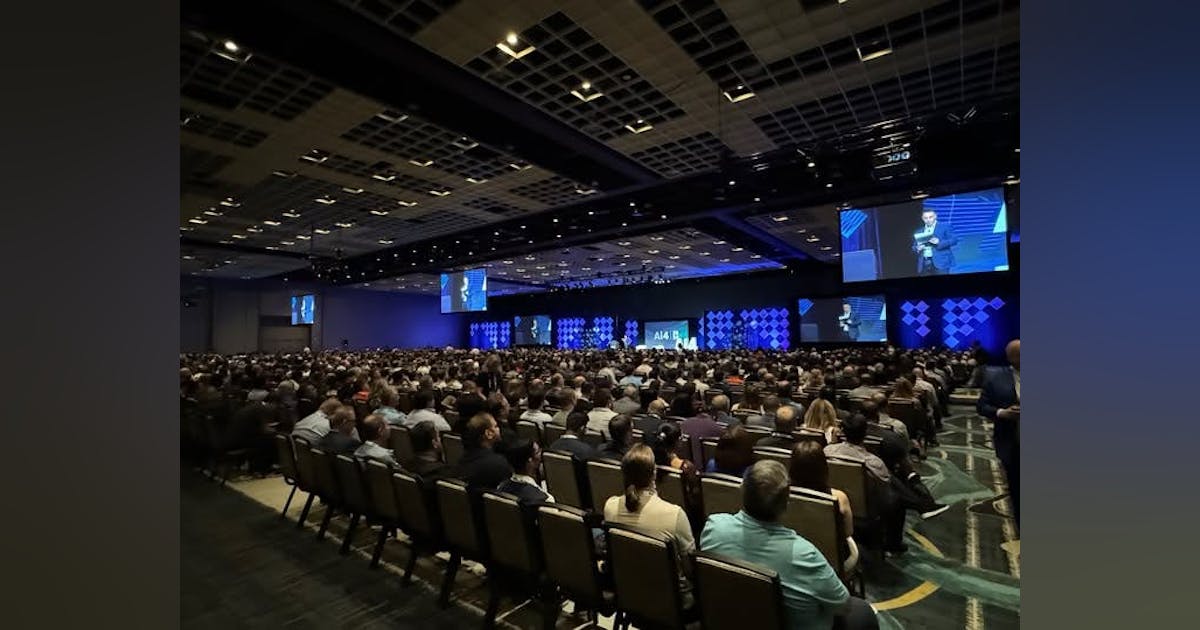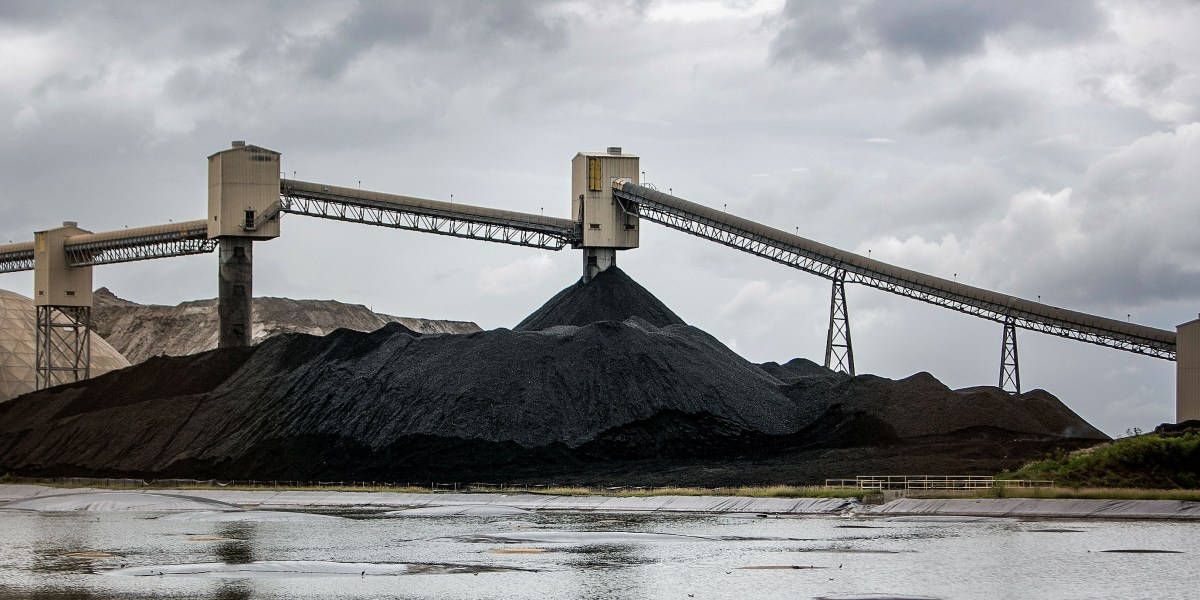
“Over the last couple of years, we have seen customers expand from local server load balancing to global server load balancing as well as web application security,” Mahajan said. “We see a significant increase in demands for the container ingress use case at the rise of Kubernetes and AI workloads.”
Web application security has also seen growth as the Avi platform provides Web Application Firewall (WAF) capabilities that are required to be compliant with PCI-DSS (payment card industry data security standard) and other regulations.
AI-powered operations leverage real-time data
VMware’s AI strategy for Avi extends beyond traditional monitoring approaches. The company is also developing a GenAI assistant that capitalizes on the platform’s infrastructure position. The GenAI assistant will analyze live traffic patterns, application performance metrics, and infrastructure health data. This real-time analysis enables proactive issue identification and automated remediation recommendations.
“Avi has the best access to comprehensive, contextual and real-time data regarding the VCF infrastructure and apps/workloads on VCF (VMware Cloud Foundation), ” Mahajan said.
Support for emerging AI workload patterns
Avi is also introducing specific capabilities for Agentic AI architectures. The platform will support Model Context Protocol (MCP) session persistence to enable load balancing of MCP services for agentic AI. This functionality addresses the stateful nature of AI agent interactions.
Security controls in Avi will also target AI-specific requirements. The platform provides JSON Web Token (JWT) authorization support based on job roles so that app owners and operators can have differentiated access to MCP tools. This role-based approach enables granular access control for AI services.





